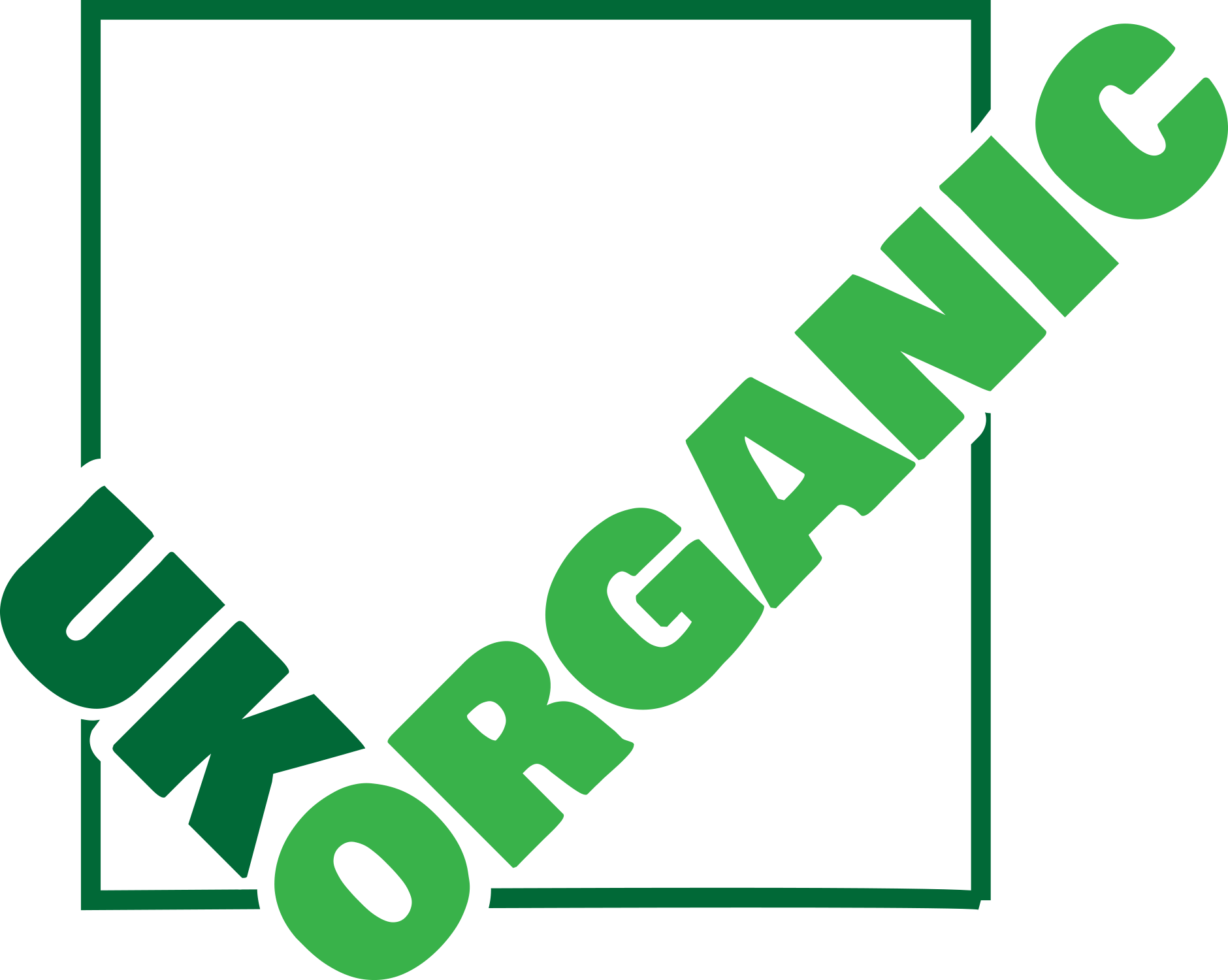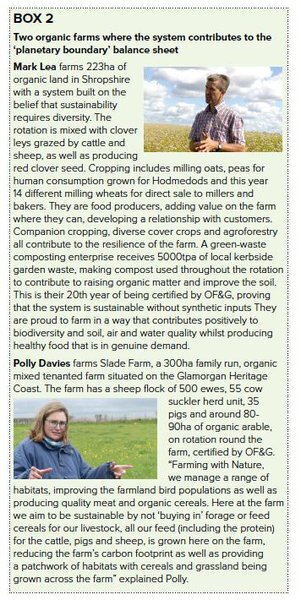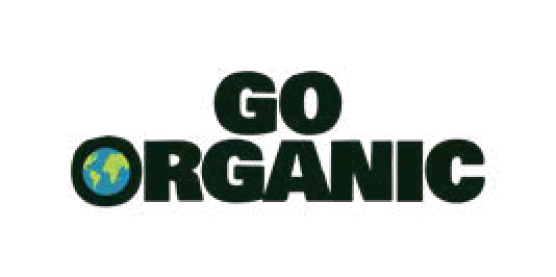Organic Farmers & Growers have launched a new report which puts forward a new approach to the way that productivity and efficiency on UK farm businesses is assessed. The proposed model aims to build a more resilient and sustainable system of food production that takes into account the impact of farming methods.
The author of the report, Christopher Stopes (independent consultant) states that the current approach to UK agricultural economics focuses on growth in outputs and optimising inputs. Her recommends changing the assessment of food production economics to address major environmental and social challenges.
“Business as usual isn’t an option,” says Roger Kerr, chief executive of OF&G. “We can’t carry on eroding natural assets to the point of no return. Despite a well-intended approach, driven by a profit and loss method of accounting, it’s unintentionally led to serious negative consequences to the environment, while not actually improving farm incomes.
“Although yields did initially increase between the 1960’s to 1980’s through the use of ‘modern’ farming chemistry, they have since largely plateaued. And, nutritional value has actually decreased. In fact, it was recently reported that we now need to eat twice as many calories to receive the same nutritional content, which among other things, is driving the obesity crisis.”
Mr Kerr says farmers’ quest to become efficient and productive in its current definition, clearly is not working and objectives must change. “In principle, if you can produce two things from the land where you once produced one thing, you’re doing a good job. But the question is, at what cost, and for what gain?
“Current conventional models of production mean we are failing to produce food within environmental boundaries, resulting in climate change, biodiversity loss and soil degradation. Continuing to mine resources in this way, will ultimately provide results for no-one.”
The report author recommends a move from the currently favoured profit and loss approach to a balance sheet approach. This would be a new way of defining how we measure farm productivity and efficiency. “Like in other business models, UK agriculture needs to change its financial principles and consider the entire balance sheet, including wider assets and liabilities. Rather than a traditional profit and loss approach there needs to be a focus on overall equity value or net worth,” says report author, Christopher Stopes.
“Factoring in non-cash outcomes in the context of the environment, such as soil carbon content, biodiversity and agricultural landscapes, resilience to flooding and rural vitality, is essential to prompt the system shift required to address the challenges we face.”
Mr Stopes says organic is well-placed to address these challenges. “Organic defines a whole system approach to food production that can help reverse negative impacts on the environment, by providing healthier soils and a more abundant and diverse mix of flora and fauna, while reducing pollution and nutrient overload.
You can find out more on the OF&G website here and download the report here.



